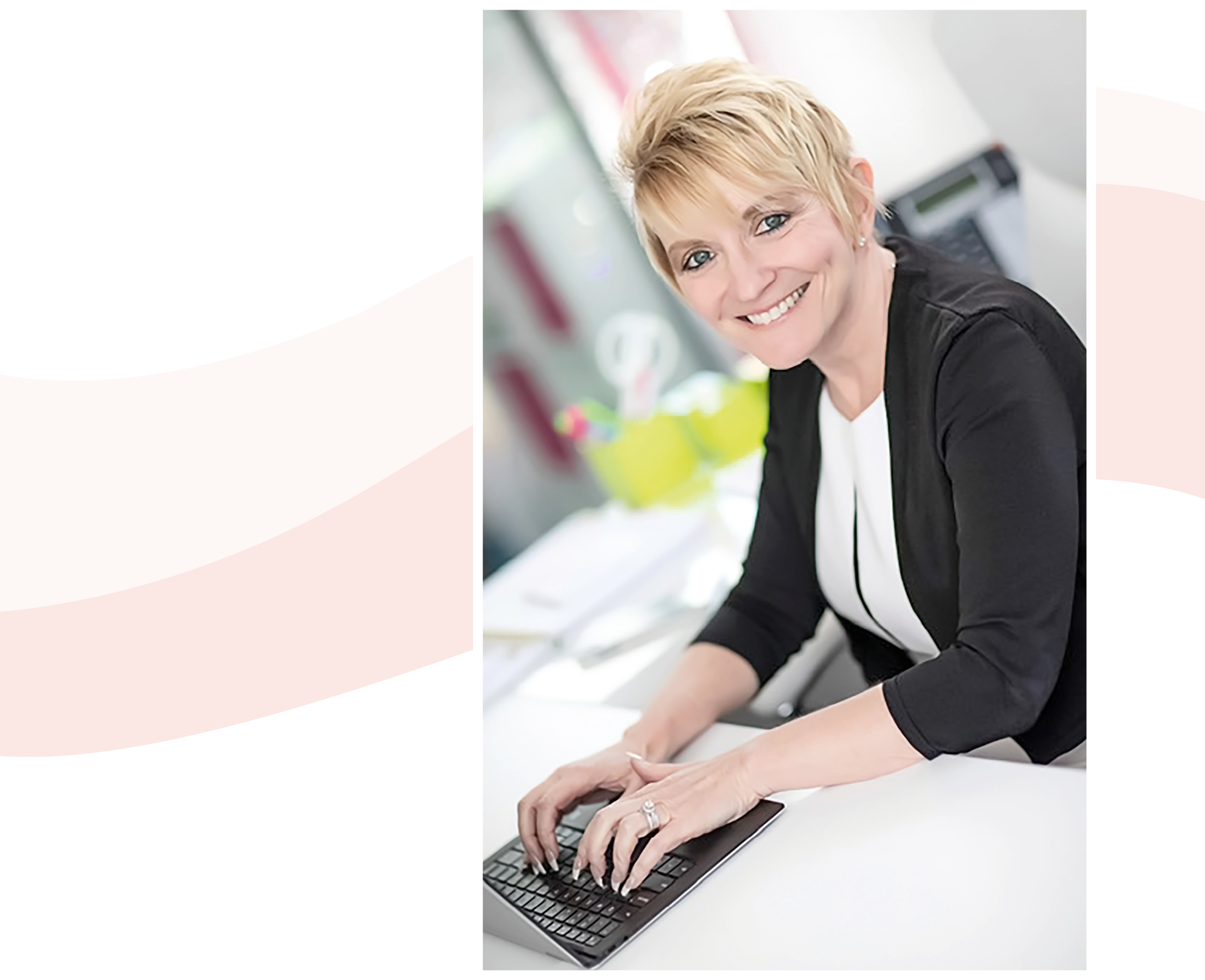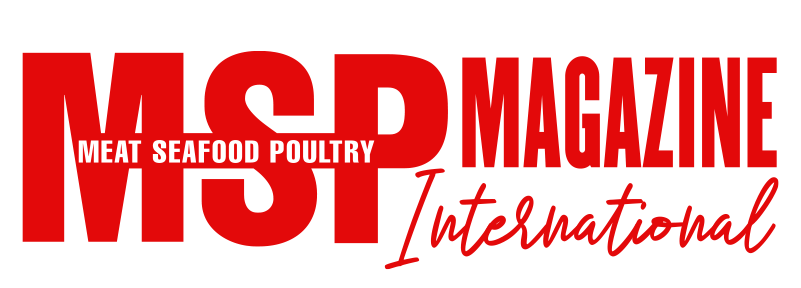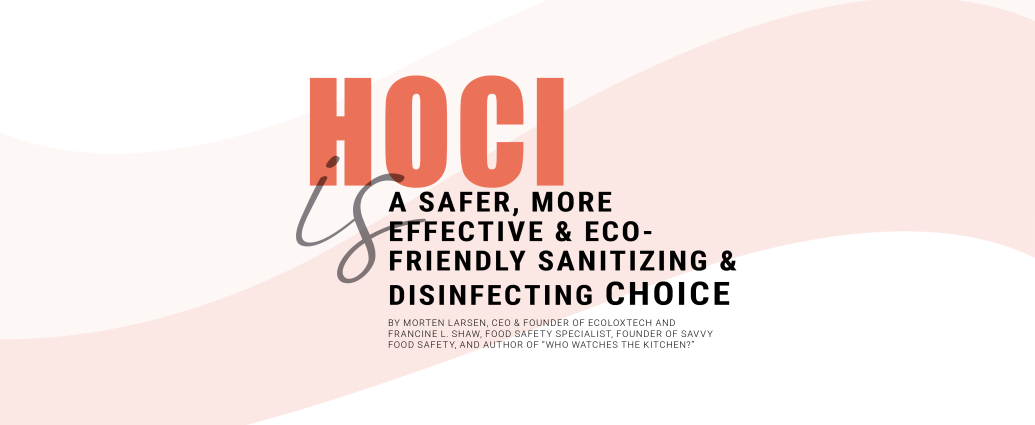Food businesses must prioritize safety, taking every precaution to reduce risks. That means following the strictest protocols, enforcing best practice procedures, and using the most effective products to maximize safety, quality, and compliance.
Currently, food businesses are facing a variety of simultaneous challenges, including:
Food safety breaches. Foodborne illness outbreaks remain a huge risk for meat and poultry businesses. A recent Salmonella outbreak linked to charcuterie meats sickened nearly 100 people (so far), resulted in a huge, multistate recall, and made headlines for weeks. In fact, some of the worst foodborne illness outbreaks involved tainted meat products, including chicken producer Foster Farms infecting hundreds of people with Salmonella across 29 states, and Cargill recalling 36 million pounds of ground turkey that was contaminated with Salmonella, which caused 100+ illnesses and one death in 34 states. Listeria-tainted hot dogs from nine food brands, including Sara Lee, sickened at least 100 people across 24 states, causing 14 deaths and four miscarriages.
Illnesses. Highly contagious norovirus outbreaks are more common in the winter and frequently linked to foodservice settings. The source of these outbreaks is often infected workers who don’t follow proper handwashing protocols, spreading the pathogens via surfaces, equipment, and food to colleagues and customers. Additionally, cases of COVID, influenza, RSV are increasing and spreading rapidly.
Staffing shortages. Staffing shortages mean many food businesses are scrambling to make do with fewer employees. A danger here is that busy, overextended employees may take short-cuts, skipping important steps in safety and quality protocols – like failing to properly sanitize and disinfect equipment or surfaces – which could lead to foodborne illness outbreaks.
Using the wrong products. Hypochlorous acid (HOCl) – a safe, highly effective sanitizer and disinfectant – can help foodservice businesses elevate their safety efforts and mitigate risks, including a variety of pathogens. Increasingly, foodservice brands are relying on HOCI to keep their foods, customers, employees, and businesses safer. In comparison to quaternary ammonium compounds (quats), HOCl offers multiple benefits that make it a preferred choice for maintaining food safety standards,
HOCI: A Better Way for Food Businesses to Sanitize and Disinfect
HOCI, which is being used more frequently in the food sector, allows food businesses to disinfect effectively, sustainably, and responsibly. HOCI helps organizations elevate their food safety efforts and minimize the risk for food safety breaches. This eco-friendly solution is becoming more widely used across a variety of industries – including food service, hospitality, healthcare, travel and tourism, and more – because of its effectiveness in killing pathogens.

HOCI offers many significant benefits, including that it’s:
Highly effective.
HOCl is 80-100x more potent than bleach and extremely effective at killing harmful pathogens, including some that may be resistant to traditional sanitizers. HOCI has been proven to kill common foodborne pathogens like E. coli, Salmonella, and Listeria, as well as norovirus influenza, RSV, and COVID. Disinfecting and sanitizing foods and surfaces (including floors) with HOCI can help prevent the spread of these pathogens.

As compared to to quaternary ammonium compounds (quats), HOCl offers several advantages that make it a preferred choice for maintaining food safety standards, including that it’s more potent than bleach, effective at killing various pathogens, safe to use on and around foods, eco-friendly, and compliant with CDC, FDA, and EPA regulations.
Notably, applying HOCl as a no-rinse sanitizer for meat, poultry, and seafood prolongs the shelf-life of these items by effectively reducing bacteria and pathogens present on the surfaces. The recent Salmonella outbreak linked to charcuterie meats demonstrates the tremendous need for effective sanitization protocols. HOCl has emerged as a valuable sanitizing solution due to its efficacy in reducing pathogens like Salmonella, Listeria, and E. coli, which are huge threats in the meat processing industry. HOCI is able to effectively target pathogens on meats – as well as surfaces and equipment in food brands’ facilities – to help maximize food safety protocols and reduce risks.
HOCI is also compliant with CDC, FDA, and EPA regulations. That means businesses can feel comfortable and confident using HOCl, knowing that it meets the US governing bodies’ stringent safety and quality guidelines. HOCI can help keep foods safe at every point across the supply chain, helping to ensure safer products for the retailers that sell the products, restaurants that serve them, and end-users that eat them.
Safe and eco-friendly.
Unlike some other sanitizing and disinfecting products, HOCl is non-toxic, chemical-free, and safe to use on surfaces, equipment, and food. While other sanitizers may leave harmful residues, HOCl breaks down into simple saltwater after use, posing no risk to consumers, employees, or the environment. These products allow businesses to maintain the highest standards of cleanliness and hygiene while minimizing the impact on the planet.
In comparison to quats, which have been used frequently by food businesses, HOCl offers an improved safety profile and effectiveness against a broader spectrum of pathogens. The growing concerns regarding quat exposure and potential risks associated with their usage have spurred a shift towards safer, more efficient sanitization methods like HOCl.
Versatile, efficient, and easy to handle.
Odorless, tasteless HOCl can be used in various applications on food, surfaces, and equipment. HOCI can be used as a dip wash, spray, and fog.
HOCI is generally safer and easier to handle than other types of sanitizers and disinfectants. While there’s no specialized equipment required, reputable manufacturers and proper training are essential. Also, HOCI has a longer shelf life than other types of sanitizers.
Since HOCI is rinse-free, it saves time, effort, and water – a significant advantage for food businesses, where speed and efficiency are crucial.
Expect more food businesses to adopt and embrace HOCI moving forward. The significant benefits of HOCI can’t be denied and, as more businesses learn about this solution, it’s becoming the preferred choice for many.
Morten Larsen is CEO & Founder of EcoloxTech, which is leading the way in eco-friendly disinfection solutions, uniquely using Hypochlorous acid (HOCl), a naturally occurring, eco-friendly disinfectant that has gained recognition for its proven effectiveness in killing bacteria, viruses, and other pathogens, including MRSA, E. coli, COVID, Influenza, and Norovirus. EcoloxTech products are effective against 99.99% of all pathogens and 80-100 times more effective than bleach, yet are non-toxic, sustainable, and safe for humans, pets, and the environment. EcoloxTech products are being successfully used in hospitals, foodservice, cruise ships, and more. For more information, please visit https://ecoloxtech.com.
Francine L. Shaw is a food safety specialist, podcaster, founder of Savvy Food Safety, co-founder of My Trusted Source, author of “Who Watches the Kitchen?”, and a successful entrepreneur, and speaker who spent 30+ years working in the foodservice industry. Her career has included performing services (operating partner, corporate/private trainer, health inspector, third party inspector, adjunct professor) in various sectors of the foodservice industry. She has written hundreds of articles for national trade magazines and appeared on Dr. Oz, the BBC World Series Radio, and iHeart Radio as a food safety expert.

